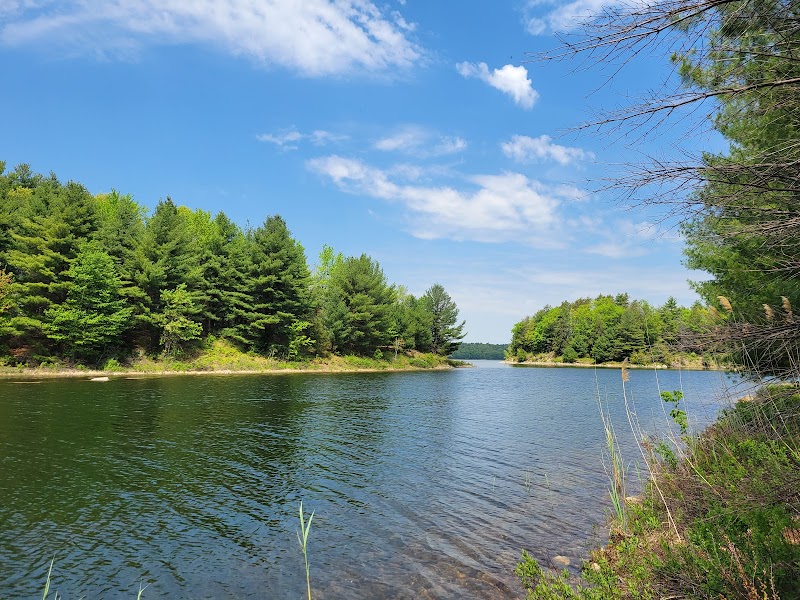
Quabbin Reservoir Adventures
Quabbin Reservoir, one of the largest man-made public water supplies in the United States, offers a unique combination of natural beauty and diverse wildlife viewing opportunities.
About Quabbin Reservoir

Quabbin Reservoir, completed in 1939, stands as an extraordinary example of human engineering and environmental management. Spanning four towns that were disincorporated and flooded to form the reservoir—Dana, Enfield, Greenwich, and Prescott—the area covers around 39 square miles and holds a massive capacity of 412 billion gallons of water. This serves as the primary water supply for Boston and 40 other communities. The area is rich in wildlife, home to eagles, deer, and moose. The watershed is surrounded by over 118,000 acres of land, providing expansive forests, open fields, and over 60 islands formed by the flooded landscape. Key recreational activities include hiking, picnicking, biking, and bird watching. While the waters of the Reservoir itself are protected from human contact to preserve water quality, the surrounding lands offer a natural sanctuary worth visiting.
Highlights
Wachusett Mountain, offering breathtaking views of the surrounding landscape.
Spectacular bald eagle observation points.
New Salem and its panoramic views over the reservoir.
Prescott Peninsula, notable for its seclusion and wildlife habitats.
Notable Natural Features
Goodnough Dike
An important structural component of the reservoir's design.
Enfield Lookout
Provides sweeping views over the reservoir.
The Spillway
A scenic and iconic part of Quabbin's water management system.